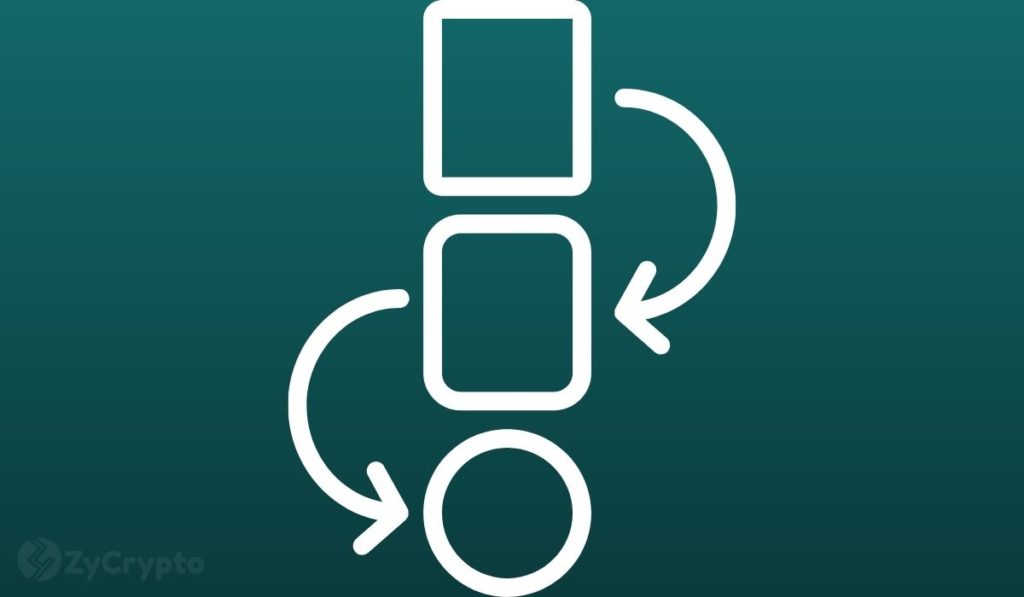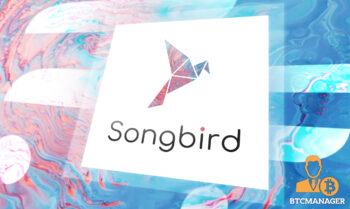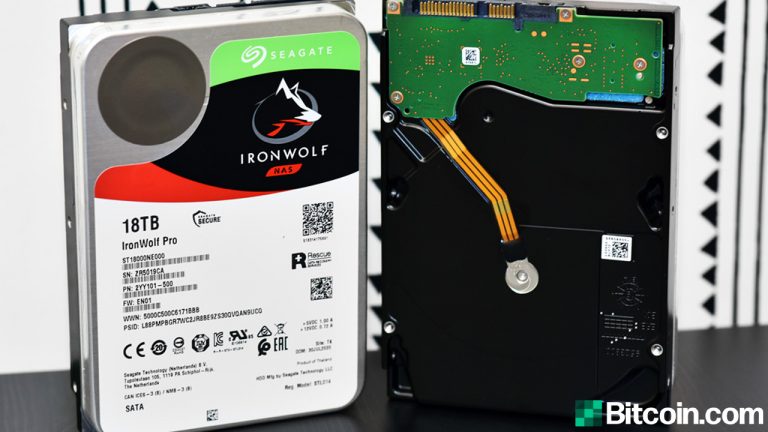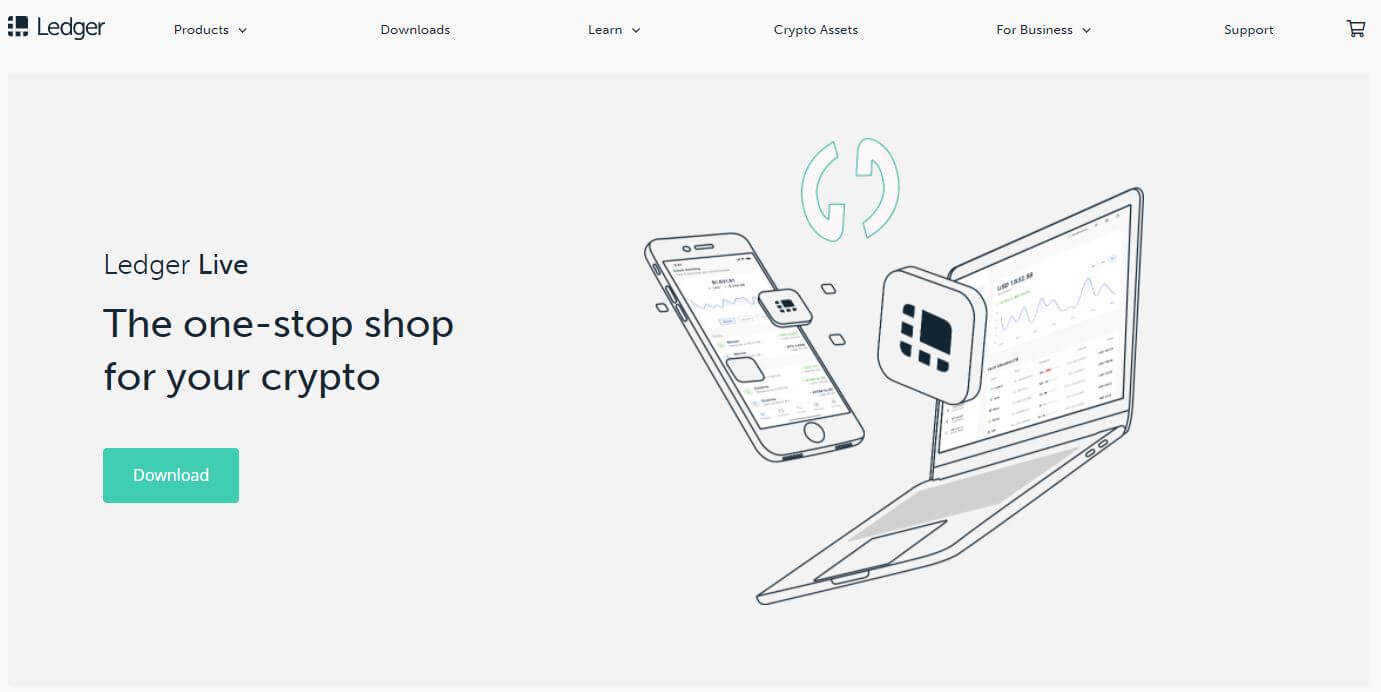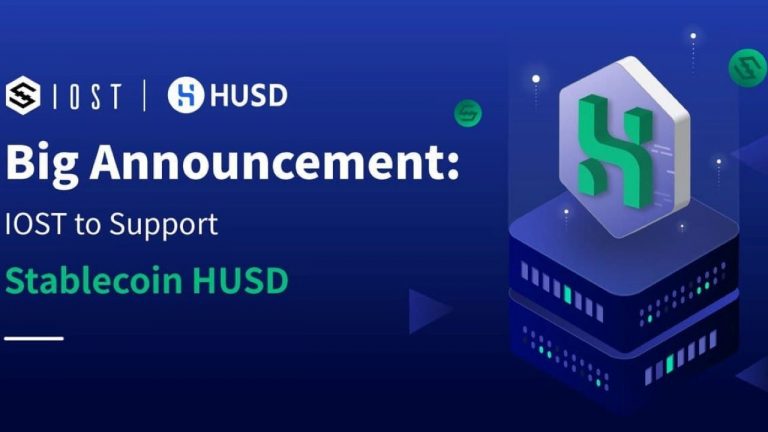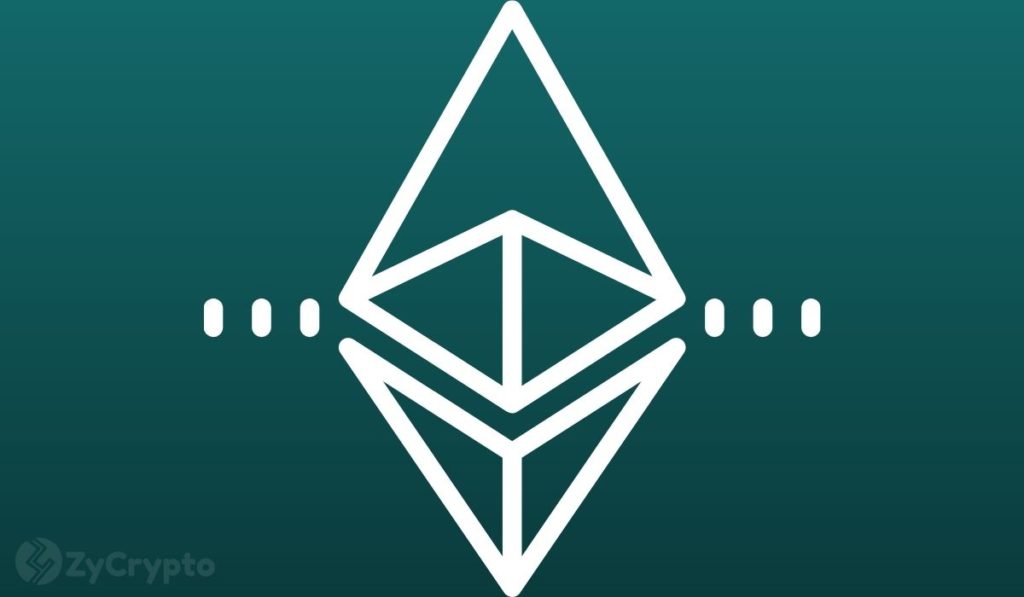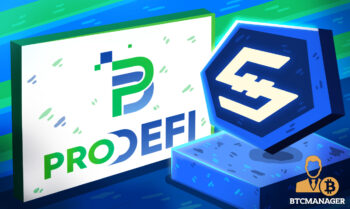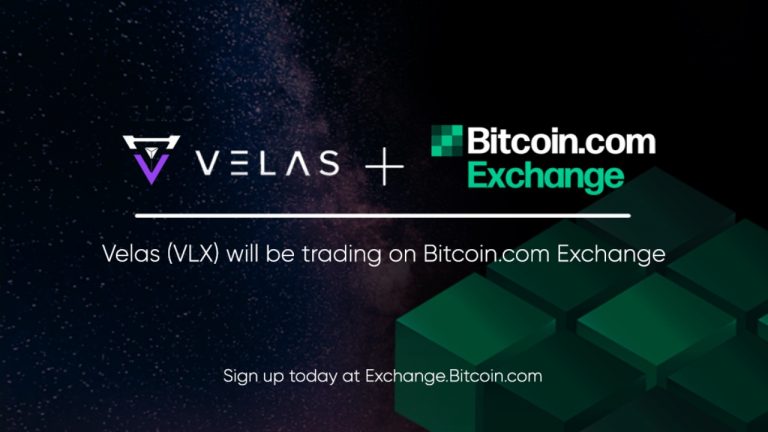2021-11-25 00:00 |
As part of the Cardano ecosystem, ADALend builds a scalable and decentralized lending protocol, which the Cardano community will regulate.
A new generation of flexible financial services for digital asset markets will be powered by the ADALend protocol, which will provide a foundation for speedy loan approval, automated collateralization, trustless custody, and liquidity in the digital asset markets.
Why Cardano?Cardano (ADA) is a blockchain platform with various capabilities that will power the ADALend protocol. To produce a scalable, transparent, and resilient cryptocurrency, Cardano (ADA) uses cutting-edge technology. The fact that it is a publicly accessible blockchain network makes it one of the many well-known cryptocurrencies that have grown and developed rapidly in recent years.
With Input Output Hong Kong (IOHK), Charles Hoskinson laid the framework in 2017 for what is unquestionably the most vital third-generation blockchain asset now available on the market.
A well-organized team is in place at Cardano (ADA), and the company has a clearly defined plan for the future development of the company’s projects. With its colossal scalability potential and the ability to construct decentralized applications, the blockchain is a robust technology that satisfies future demands in many fields.
ADALend heats up the DeFi SpaceADALend chose Cardano as the primary blockchain that will power the DeFi system, unlike Ethereum based AAVEbecause Cardano is significantly less expensive to send, receive, and initiate contracts. In 2021, the price of Ethereum gas surged, causing dissatisfied users to realize that fees were a serious concern for everyone who used the AAVE protocol at the time.
It has been reported that the average transaction cost in 2020 and 2021 went as high as $80 in some circumstances (BitInfoCharts). Cardano fees remain low compared to other cryptocurrencies, primarily due to the dual-layer design of the network, which isolates calculations from settlements.
Because it still employs a Proof-of-Work (PoW) blockchain, the Ethereum network is still inefficient compared to the Cardano blockchain, which uses a Proof-of-Stake (PoS) system, which follows the same fees principles as the Ethereum network. Compared to the Ethereum blockchain, the Cardano blockchain enables the processing of a significantly greater number of transactions.
The Cardano blockchain operates at a considerably faster rate. To make auditing as simple as possible, the Cardano codebase is being created in Haskell, a widely-used programming language chosen explicitly for this purpose.
A particularly specialized programming language, Solidity, was created by Ethereum developers and is only written by a small number of programmers, let alone subjected to rigorous peer review. The greater the number of engineers who can examine and audit code, the more safe and impenetrable the system will appear to be.
To put it another way, the Cardano developers want the blockchain to be as free of code flaws as possible to prevent future security risks from occurring.
ADALend will leverage the oracles Chainlink and Ergo to provide a more secure and efficient experience for clients. Using Ergo’s oracle pools is more efficient and configurable than Chainlink’s oracle architecture, which relies on many single oracle data sources. AAVE solely makes use of Chainlink oracles.
Cardano makes use of the Ouroboros consensus algorithm, which is a Proof-of-Stake consensus system. Due to the ability of ADA holders to delegate their assets to secure the network, this closed-loop approach maximizes the efficiency with which network resources are utilized.
The outcome is a significantly less resource-intensive system than Ethereum, primarily powered by miners who consume a lot of energy to protect the network, consuming vast quantities of electricity in the process.
The post ADALend on Cardano Is the Future of DeFi appeared first on BeInCrypto.
origin »Bitcoin price in Telegram @btc_price_every_hour
Santiment Network Token (SAN) на Currencies.ru
|
|
